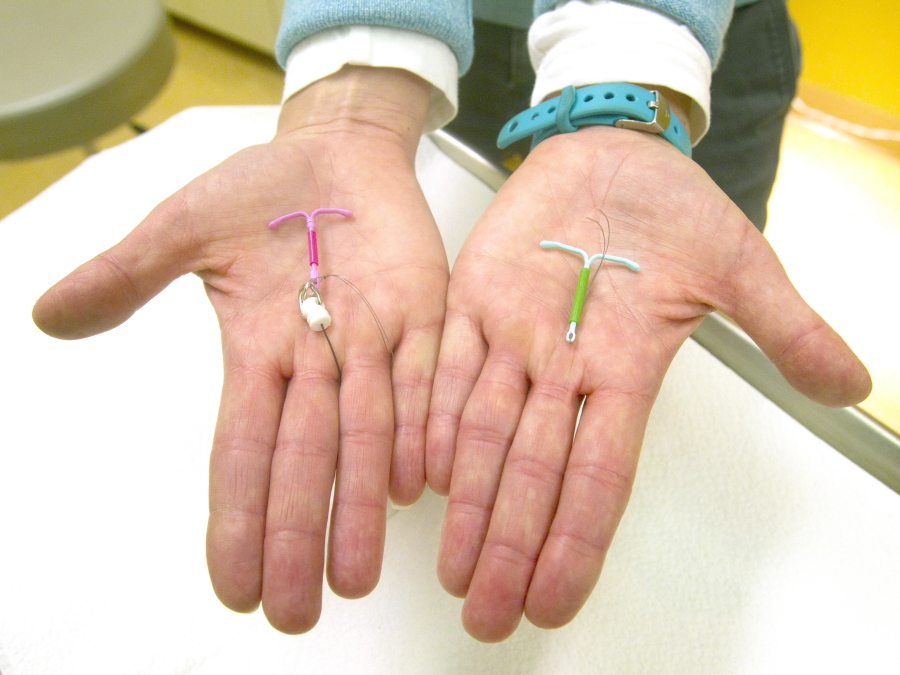BEND, Ore. — Officials with Oregon’s Medicaid program are considering a policy that would reimburse providers for placing contraceptives immediately after women give birth or have abortions.
The Oregon Health Plan already covers intrauterine devices, contraceptives that providers place into the uterus, and contraceptive implants, but most providers don’t place the devices until visits weeks or months after deliveries, leaving an interval when women could become pregnant.
“It is hard to imagine why this would not be enacted,” certified nurse midwife Olivia Kroening-Roche wrote in an email to Oregon Medical officials supporting the proposal.
The Centers for Medicare and Medicaid Services sent out a notice to states in April urging them to cover IUDs and implants immediately following births. Dr. Catherine Livingston, associate medical director of Oregon’s Health Evidence Review Commission, said the policy was already under consideration when the notice came out.
Officials have received dozens of emails of support for the proposed change, which the Health Evidence Review Commission could approve as early as October.
Dr. Rita Sharshiner, an obstetrician with Oregon Health and Science University, wrote that she works with underserved populations and sees the effects of short interval pregnancies that can result when women do not have access to contraceptives.
“Unintended pregnancies can occur as early as 3 to 4 weeks postpartum, long before most women present for their postpartum clinic visit,” she wrote.
She wrote that back-to-back pregnancies are associated with a higher risk of preterm birth and other complications.
The commission is still working on the proposal, but some providers are stressing the need for it to include women who rely on Citizen Alien Waived Emergent Medical, a program that provides health care for low-income, undocumented individuals in emergency situations, including pregnancy.
“Many of the CAWEM patients that I serve are recent immigrants who are fleeing violence and seeking a better life for their families,” Holly Pranaat, a certified nurse midwife with Providence Columbia Women’s Clinic, wrote in an email to the commission. “Family planning is a vital aspect of this as women strive to provide for their children and work out of poverty.”
Oregon would not be the first state to cover contraceptives post-delivery. In 2012, South Carolina’s Medicaid program adopted a policy to cover IUDs and implants immediately following delivery. Now 19 state Medicaid programs have adopted policies that reimburse for IUDs and implants immediately postpartum.



